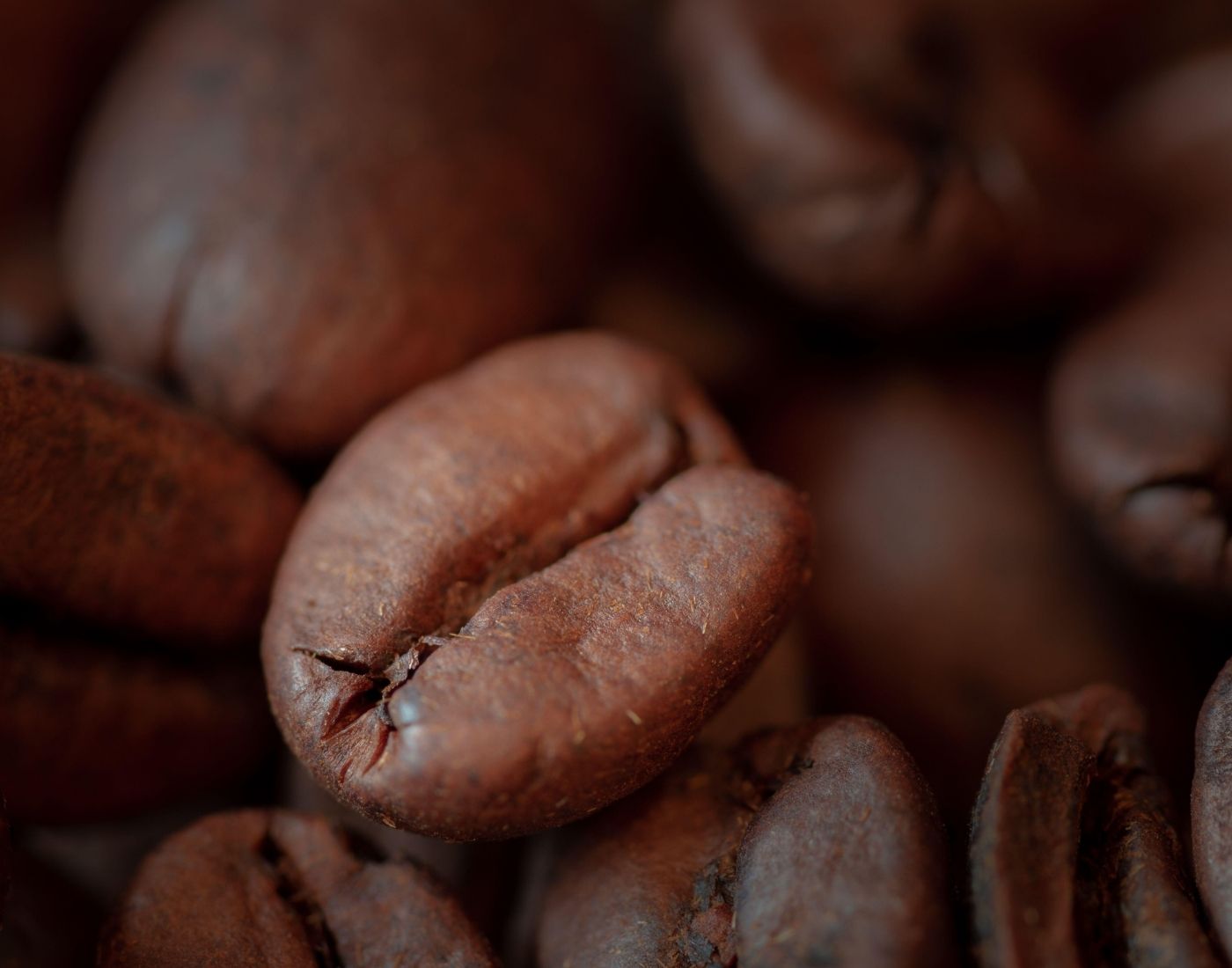For most individuals, based on the European Food Safety Authority (EFSA) 2015 opinion, caffeine intakes of up 400mg per day are unlikely to cause adverse effects. However, individuals who are sensitive to caffeine at low doses and/or individuals with underlying health conditions may experience some side effects such as jitteriness, anxiety or difficulty concentrating.
The National Health Service (NHS) Scotland Website, Ready, Steady Baby! advises to not consume over 200mg of caffeine a day during pregnancy. The EFSA opinion advises that ‘Habitual caffeine consumption up to 200 mg per day by pregnant women does not give rise to safety concerns for the foetus. Single doses of caffeine and habitual caffeine intakes up to 200 mg consumed by lactating women do not give rise to safety concerns for breastfed infants.’
High levels of caffeine can cause:
- anxiety
- sleeplessness
- agitation
- palpitations
- diarrhoea
- restlessness
- individuals with a mental health condition can experience worsened psychosis
These effects may be more severe in individuals who are caffeine sensitive and/or have underlying health issues such as heart disease or high blood pressure, and effects may occur at lower doses.
Excessive caffeine consumption is associated with a number of serious adverse effects such as rapid heart rate, abnormal heart rhythms and seizures, which have been observed at intakes of approximately 1.2 grams (1,200 mg) of caffeine. Caffeine intakes of above 10-14 grams (10,000-10,400 mg) have been reported to be fatal, although smaller doses can also be life-threatening to sensitive populations. These cases have occurred where pure caffeine has been measured incorrectly.
It's important to note that the daily caffeine intake of up to 400 mg for healthy adults and up to 200 mg for pregnant women encompasses all sources of caffeine. This can sometimes be a single product or combination of products. This means that when monitoring your caffeine intake, you should consider the cumulative amount from all caffeinated products you consume throughout the day. For example, common sources of caffeine include:
- coffee: A mug of coffee contains about 100-140 mg of caffeine, though this can vary widely
- tea: A mug of tea contains about 75 mg of caffeine
- energy drinks: These can vary significantly, often containing 80mg of caffeine in a 250ml can of energy drink
- soft drinks: A can of soft drink typically contains about 40 mg of caffeine
- chocolate: There is around 25mg of caffeine in a 50g bar of plain dark chocolate and around 10mg in a 50g bar of plain milk chocolate
- medications and supplements: Some pain relievers, weight loss pills, and dietary supplements can also contain significant amounts of caffeine

